Three4Climate: Cities from Germany and Slovenia explore climate action projects in Portugal
Another virtual study tour in the framework of the EUKI project Three4Climate took place this time to Braga and Loulé (Portugal). During the last leg of the Portuguese Presidency of the Council of the EU, from 29 June to 1 July 2021, these two cities presented their climate action activities to the municipalities of Bielefeld and Radolfzell (Germany), as well as Maribor and Kranj (Slovenia). This multi-faceted three-day event included videos, expert presentations, “round tables” and networking sessions.
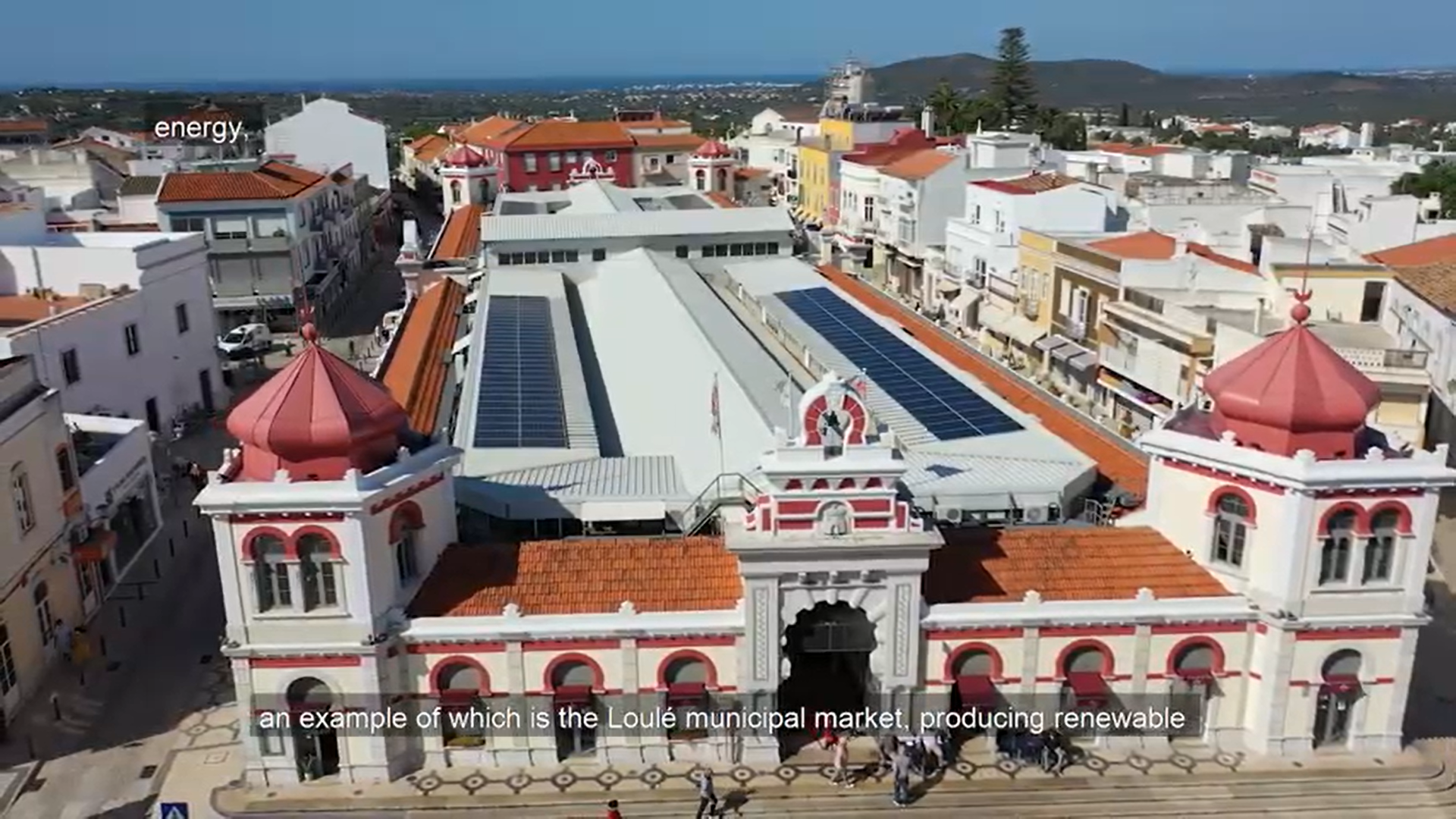
Starting in the North – Municipality of Braga:
As a city surrounded by rich natural green spaces, Braga’s climate action focuses on the conservation, improvement and quality monitoring of its natural resources, as well as protection against forest fires, as Ana Cristina Costa, Braga’s climate action manager, explained. Among the city’s most significant projects are those for reforestation (Florestar Braga and Oxigenar Braga) and river renaturation (Projeto Rios), which strongly involve the local population as part of the city’s strategy to educate and raise awareness about climate change. Another important field of action for Braga is sustainable mobility, in which its efforts have already been recognised and rewarded. The city received the highest rating from the Carbon Disclosure Project (CDP) and the ECOXXI ABAE flag for the greenest cities.
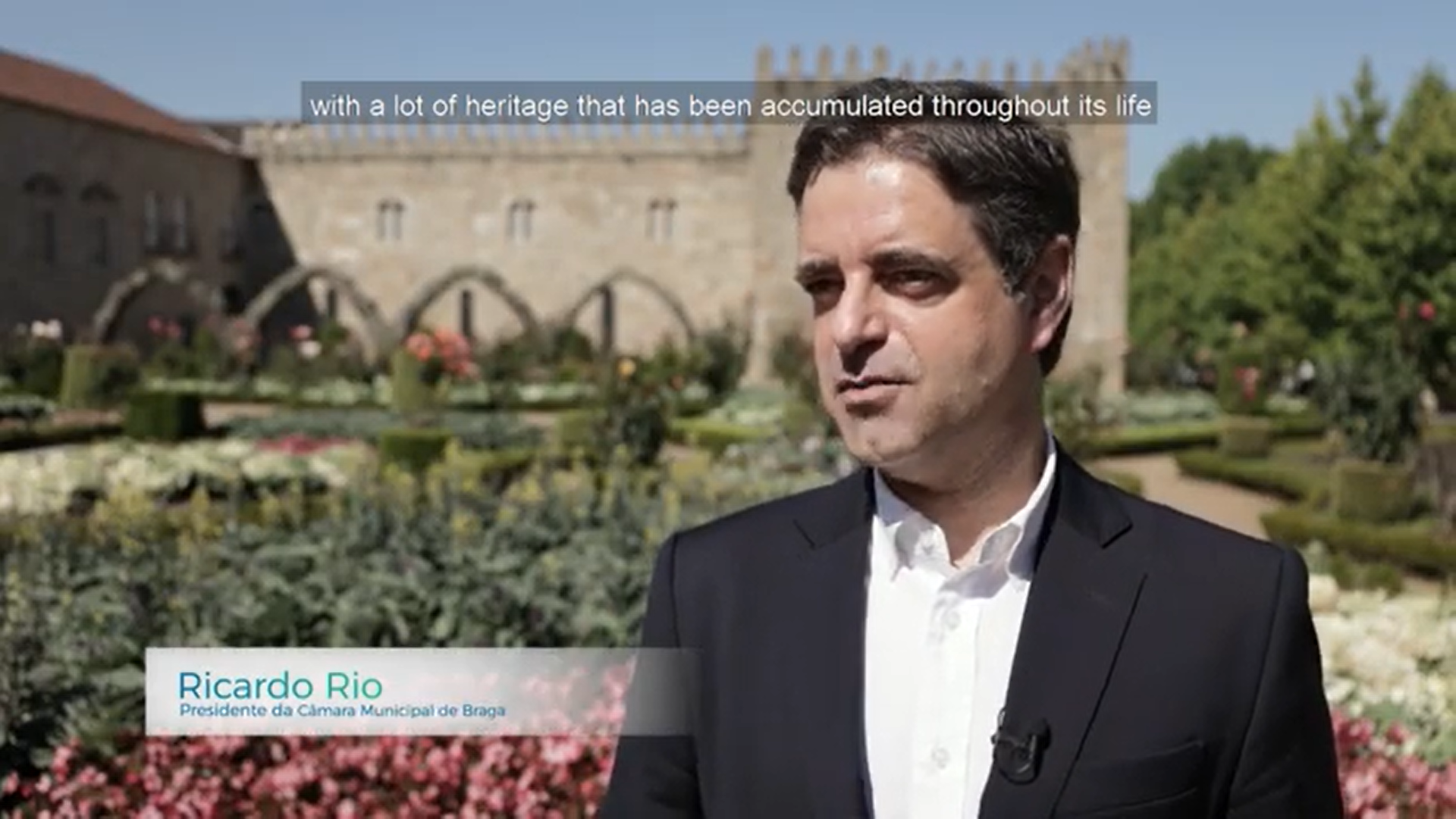
Further Information
Dr Pedro Teiga, river restoration expert, guided participants through the process of nature-based solution restoration of Braga’s East River, which brought several benefits to the city – flood protection, biodiversity enhancement and carbon reduction. It was also emphasized that the implementation of the project included an awareness raising and education component through the “Rivers Project” (Projecto Rios), where schools and other local institutions were asked to “adopt” and maintain a part of the river to ensure its preservation.
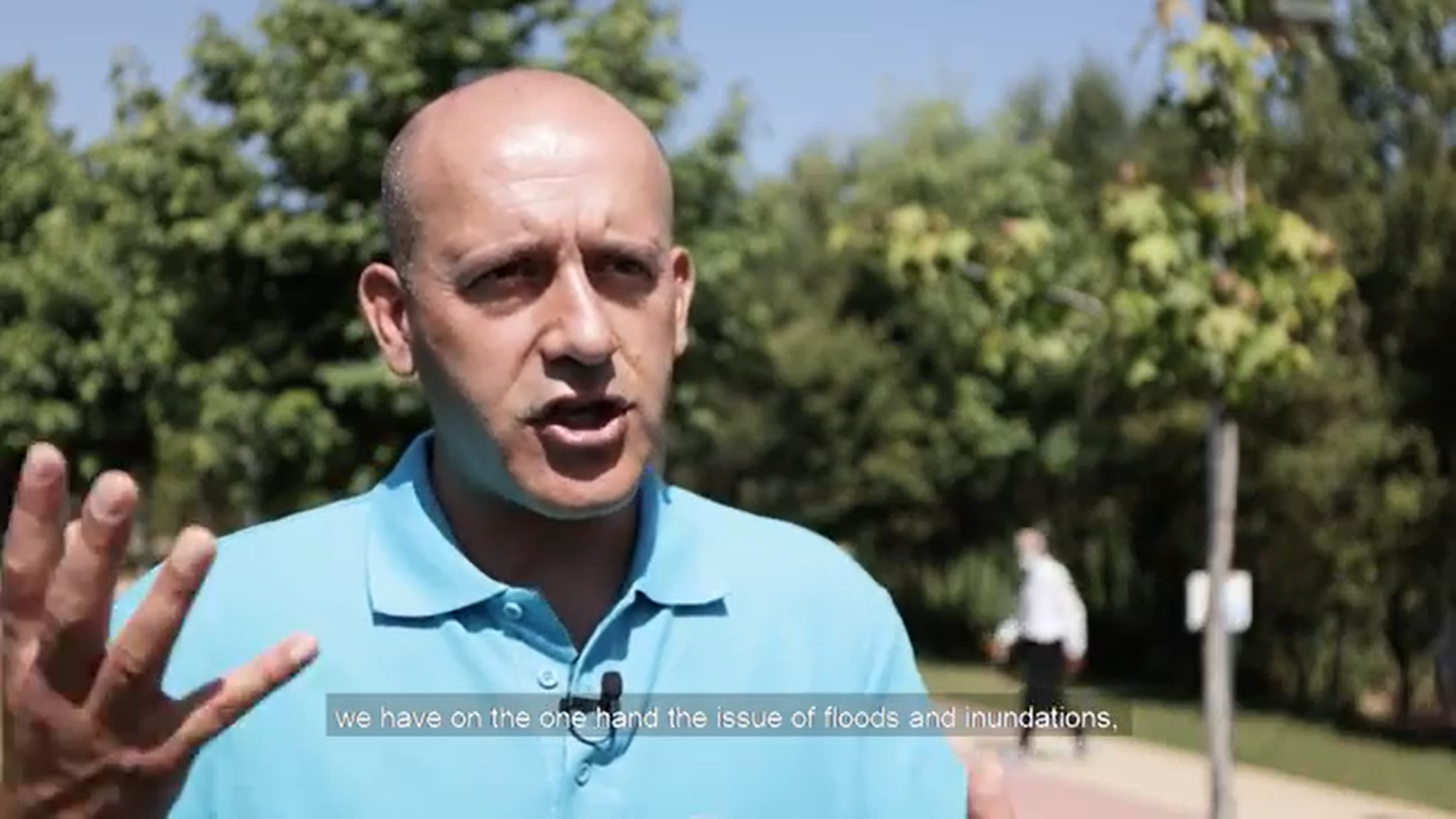
In an effort to use existing nature for climate protection by preserving existing green spaces and creating new ones, the city of Braga has ambitious goals – to create a huge area of green spaces and urban forest in the municipality’s urban area, aiming for an expansion of 60 ha.
Braga’s Environment Councillor Altino Bessa presented projects for the restoration and construction of parks, such as the one for Picoto Park and Camelias Park. These are not only intended to reduce the heat island effect, but also – in combination with other complementary projects – to be a means of raising awareness of the importance of nature conservation, for example by involving the local community in the control of invasive non-native plants through participatory actions. In addition, fire protection of green waste is improved and the concept of circular economy is promoted through projects such as “Caring Braga” (Cuidar Braga), where dry green waste is shredded and used for solid fertility purposes.
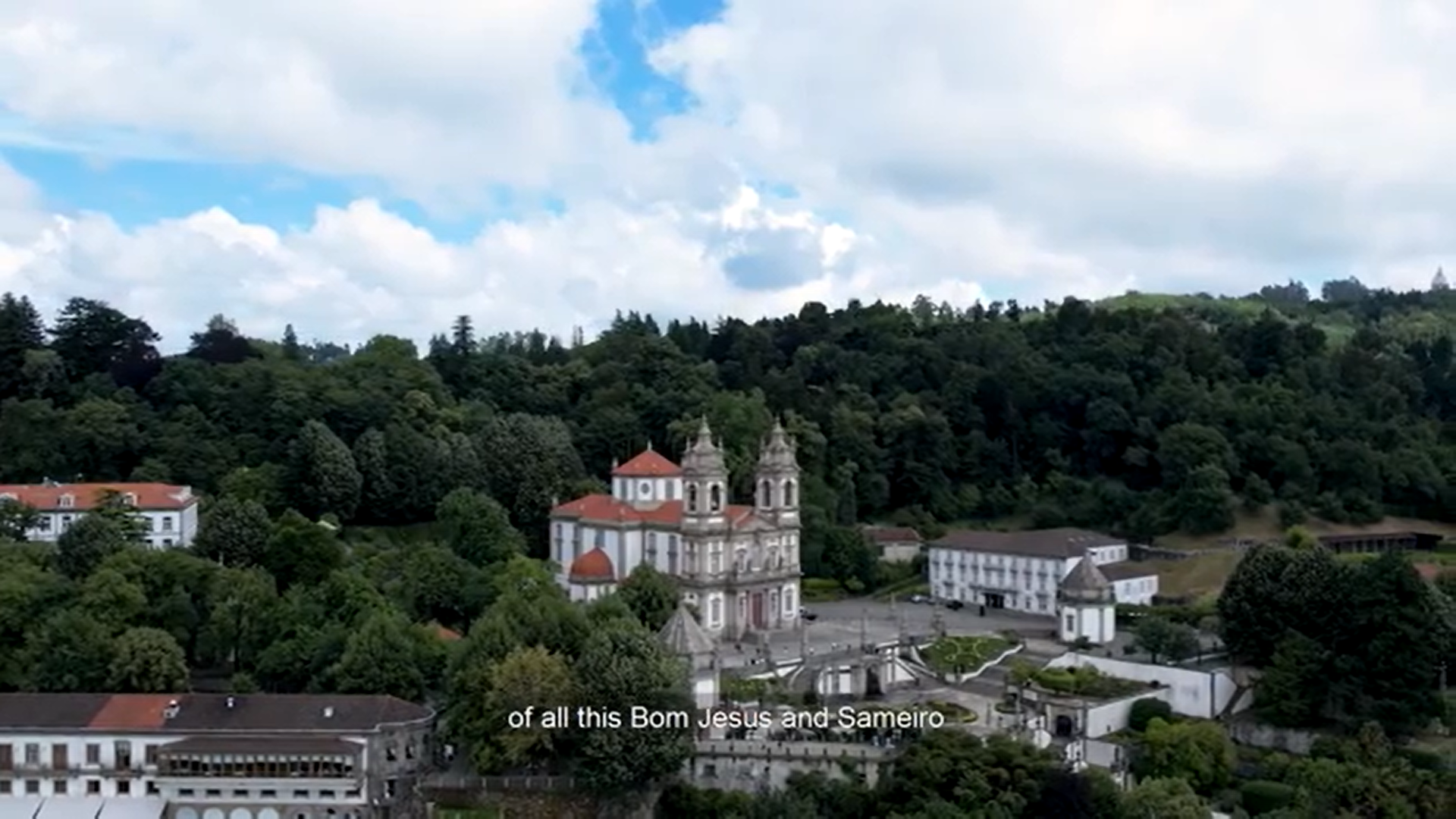
Next, special programmes in Braga aimed at schools were presented. There are already 20 eco-schools promoting environmental education. Through municipal competitions such as “The greenest school” (Escola mais verde), schools are motivated to promote the principles of organic farming, to plant vegetable gardens and integrate them into their educational programme, or to save energy, as in the case of the project “My school is efficient” (A minha escola é eficiente), which rewards the institutions that save the most energy.
Braga’s unique “Educational Farm” (Quinta Pedagógica) was also introduced – an organic farm to raise environmental awareness and promote sustainable lifestyles. At this hub of native animal and plant species, events and workshops are offered to the general public, especially seniors and children, sharing traditional knowledge about land management and food production, as well as local arts and crafts.
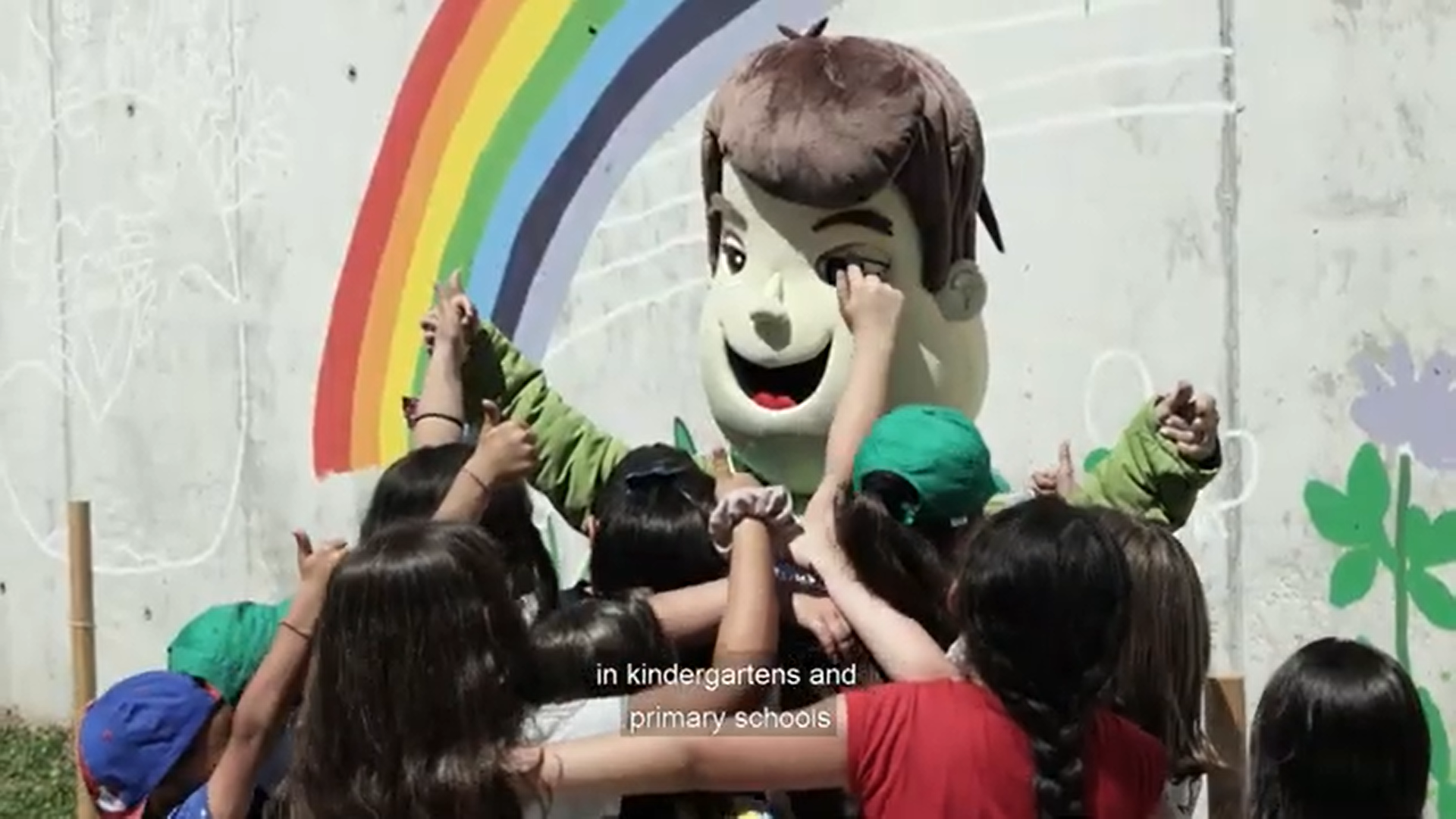
Heading to the South – Loulé Municipality:
As a city divided in three areas with different environmental characteristics – the Coast, the Crags and the Hills areas, Loulé is exposed to different climate related risks, as Bruno Reis, Braga’s climate action manager explained. The natural and touristic value of this municipality is well recognised, therefore a series of comprehensive plans have been developed by the Climate Change and Circular Economy Department to approach the climate crisis, resulting in the creation of an integrated climate action plan consisting of both adaptation and mitigation measures. Loulé has also helped foster cooperation for climate action beyond its territory, promoting the creation of the adapt.local network in Portugal, an association for the exchange and promotion of peer support that includes 32 municipalities committed to climate action.

Loulé’s climate manager Inês Rafael described the development of Loule’s Climate Action Plan, emphasising the importance of participation and collaboration with local stakeholders, which she described as a “key element”. In the form of a local climate council (established in 2017), consisting of almost 60 local actors and relevant institutions, systematic and issue-based participation was enabled through the formation of four thematic working groups – extreme events, water resources, energy and desertification.
Hugo Rodrigues from the regional energy agency provided more details about the Scholar Energy Community project, which was created in the Energy Working Group and is being piloted at the Sebastião Teixeira-Salir School. The aim is to generate 60% of the energy used by the school directly on site, reducing carbon emissions by around 30 tonnes per year. Furthermore, the schools are motivated to perform well not only for the benefit of the environment and educational purposes, but also financially, as the monetary surpluses are left at the disposal to the schools. In 2021, six new schools were included in the project and currently another seven are in the public tender phase.
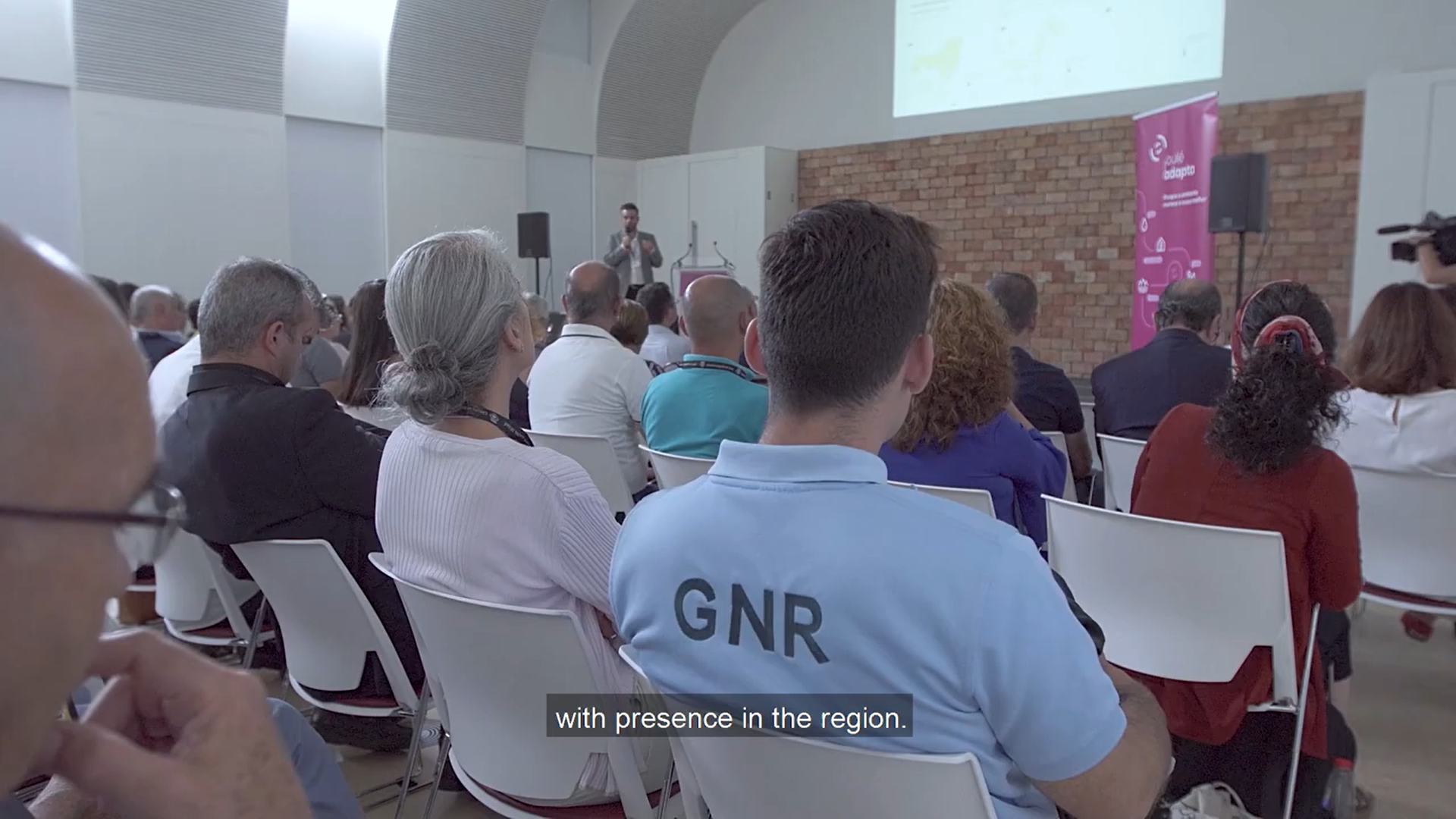
Water scarcity and desertification are some of Loulé’s climate-related risks, but it is sea level rise that poses the greatest threat to the 13 km of built-up coastline, which is increasingly flooded and of growing concern to the municipality’s climate management team.
In order to better understand the areas at risk, create the associated mapping and make it available via the GeoClimateAction platform, an academic study was developed, as Lídia Terra explained. In addition, Loulé has modified its Municipal Director Plan (PDM) to protect new constructions to be built in the vulnerable areas. As a result, several ongoing projects have been modified, taking the Quarteira market as a leading example, to increase the height of their initial placement in order to protect and ensure the resilience of infrastructure, people and goods. Thanks to municipal action against sea level rise, Loulé has been granted two projects to protect the coastal area, relating to the artificial filling of the beaches and the impact of the jetties in this location.
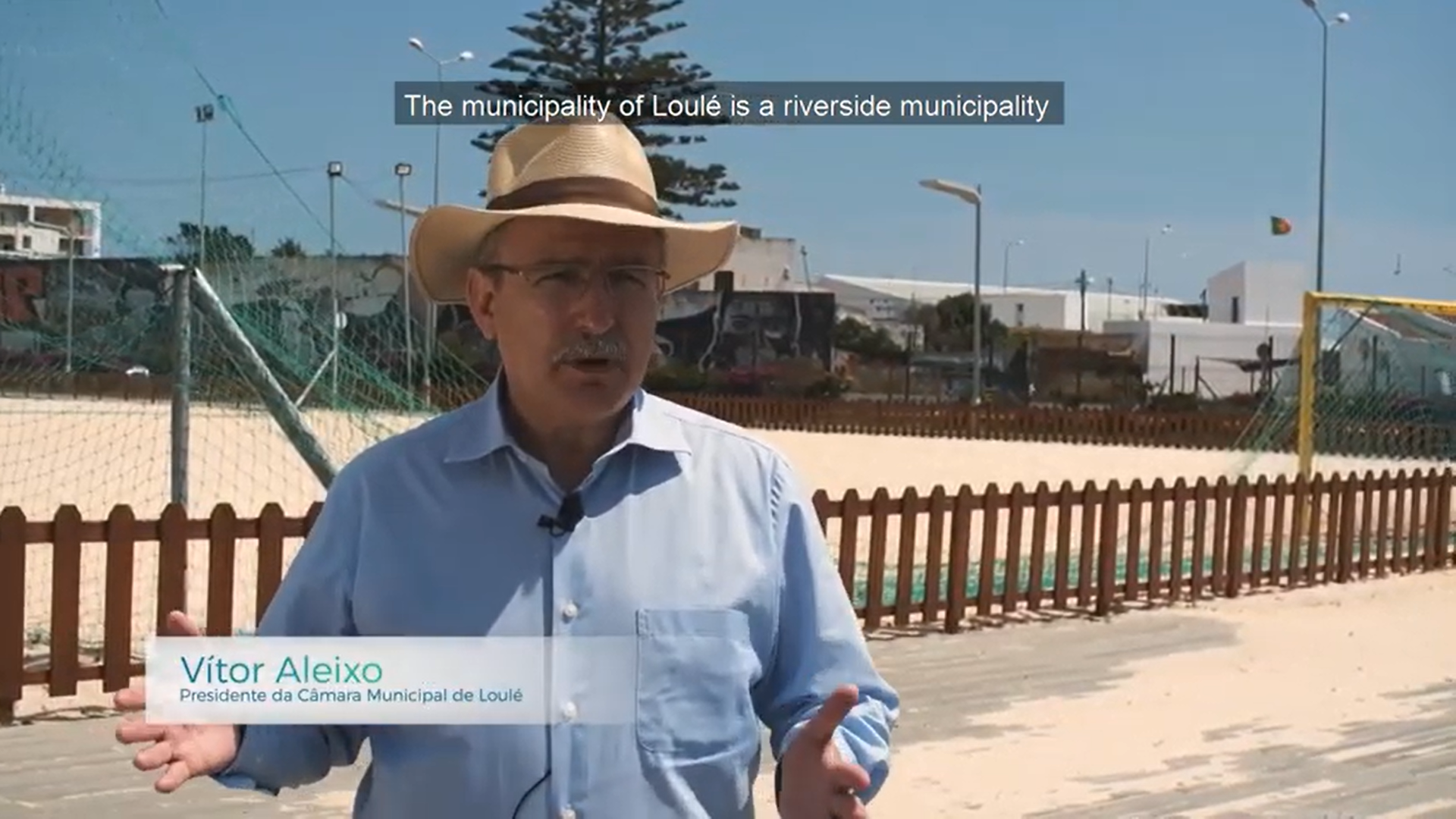
The exciting projects of Braga and Loulé served as inspiration and were discussed with great interest by the partner municipalities, creating a solid basis for further learning and knowledge sharing at the next meeting. The municipal participants of Three4Climate will meet again at the next virtual Study Tour in October 2021 to explore the climate action projects of Slovenian municipalities.
